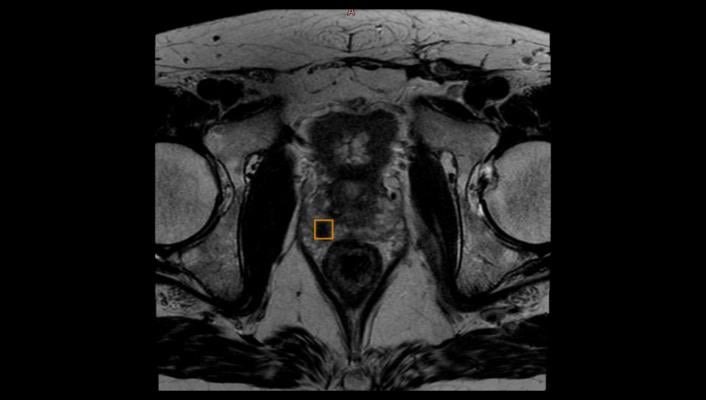
Quibim, a medical image processing company, announced it has added an industry-leading cancer detection capability to its prostate tool based on artificial intelligence (AI). The updated product, QP-Prostate, which uses algorithms trained on actual pathology data as ground truth, has been given a CE mark for the European Union and a UKCA mark for the United Kingdom. Image courtesy: Quibim
January 23, 2024 — Quibim announced it has added an industry-leading cancer detection capability to its prostate tool based on artificial intelligence (AI). The updated product, QP-Prostate, which uses algorithms trained on actual pathology data as ground truth, has been given a CE mark for the European Union and a UKCA mark for the United Kingdom, meaning it is cleared to be used by clinicians in those markets.
The medical image processing company leverages the capabilities of MRI, CT, and PET imaging to create regulatory-cleared Medical Devices that are seamlessly integrated into the workflows of healthcare providers worldwide. The company reports that more than 150+ sites are using Quibim products globally.
As MRI scans have become standard-of-care for prostate cancer, and populations at higher risk of the disease continue to grow, many radiology departments have not had the proper resources in place to handle the avalanche of advanced medical imagery needing to be analyzed to appropriately manage prostate cancer patients. QP-prostate, one of Quibim’s flagship products, was developed to overcome this challenge by using AI to speed up the processing of images, increase the accuracy of radiologists who identify signs of cancer and help them pass on actionable data points to oncology departments.
QP-Prostate stands out in the market as it speeds up processes without compromising on quality, with a validated international study showing that the software efficiently segments imagery of the prostate gland with 88% accuracy.[1] The algorithm also segments key sub regions and zones and calculates prostate volume, aiding in prostate-specific antigen density calculations and fusion biopsy planning.
From this year, QP-Prostate can also be used by EU and UK clinicians for AI-driven lesion detection thanks to algorithms trained with post-biopsy pathology data as ground truth, rather than radiology assessments. This is an industry-first and will help radiologists enhance diagnostic accuracy in terms of high specificity beyond high sensitivity as well as shortened reporting times.
Dr. Angel Alberich Bayarri, Quibim’s founder and CEO, commented: “It is fantastic, after so much hard work, to finally be at a stage when our lesion detection capability for prostate can be rolled out across the EU and the UK. At Quibim we are acutely aware of the real-life impact our products are having, which is why we’re always striving to expand and enhance our products in line with scientific and health industry advancements. We look forward to working with radiologists to help them further improve the early-stage care for patients with suspected or confirmed prostate cancer, which is a group that is sadly growing at a rapid pace in many countries.”
“The importance of enhancing lesion detection in medical imaging analysis has been apparent for a while, and it has been great to work with our own technical experts and partners in the healthcare sector to ensure Quibim’s product is fitted to their precise needs," said David Bazaga, Product Manager. He added, "Using pathology data to train and validate the algorithm has been critical and something we look forward to seeing the real-life results of in the near future.”
Quibim notes that it designs pioneering tools that unlock imaging data to improve patient outcomes. With offices in New York (United States), Cambridge (UK), Valencia, Madrid, and Barcelona (Spain), the company develops advanced algorithms that transform imaging data into actionable predictions in oncology, immunology and neurology.
Prostate cancer is the second most common cancer for men worldwide with more than 1.4 million new cases detected in 2020 according to World Cancer Research Fund International, but based on analysis from Cancer Research UK only 35% of cases are found in Stage 1 where survival and recovery is most likely. In its written statement announcing the new product, the company noted that early detection is pivotal to patient outcomes, and imaging technology needs to be as sensitive as possible to early signs, such as tumour lesions.
More information: https://quibim.com/
Reference:


 December 10, 2025
December 10, 2025 









